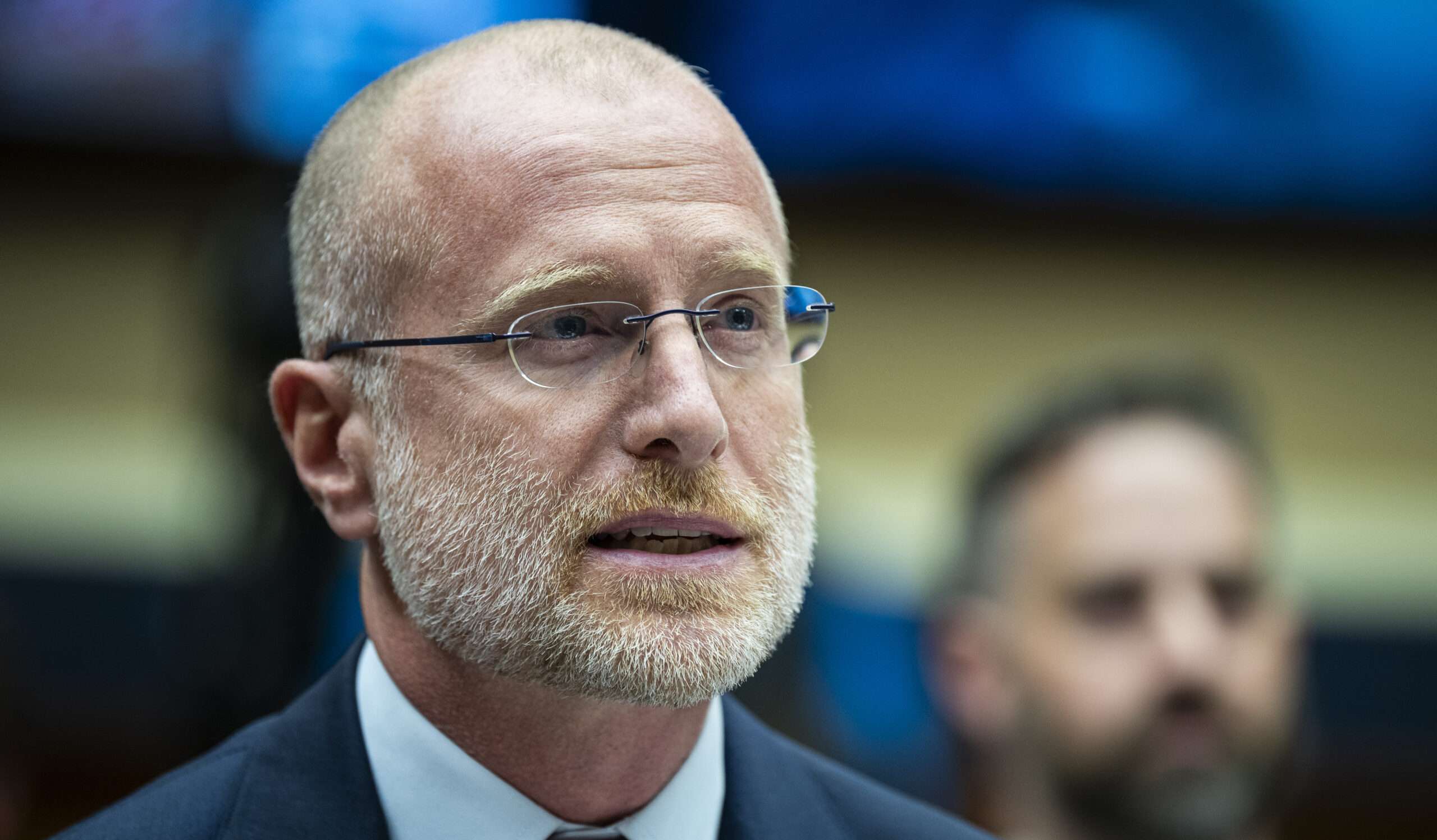Trump’s FCC Nominee Aims to Limit Social Media Platforms’ Editorial Freedom
President-elect Donald Trump’s nomination of Brendan Carr as the chairman of the Federal Communications Commission (FCC) sparked a spotlight on free speech and regulation in the digital age. Carr, a Republican commissioner appointed by Trump in 2017, is an advocate for reining in social media companies and believes that the FCC should redefine legal protections offered to these platforms under Section 230 of the Communications Decency Act. This legislation currently shields social media companies from liability regarding user-generated content and allows for moderation actions without the risk of being treated as publishers. Carr’s vision includes a push for more stringent regulations on Big Tech, proposing transparency in operations and accountability for perceived editorial biases that may marginalize specific political viewpoints.
At the heart of Carr’s agenda is a critical stance towards Section 230, which he argues has been misinterpreted by the courts to grant excessive immunity to tech companies. He draws parallels to recent court rulings that reinforced the notion that moderation decisions reflect editorial discretion protected by the First Amendment. Despite these rulings, Carr is determined to curb what he sees as an overreach by corporations in their power to control discourse, referring to them as part of a “censorship cartel.” His perspective positions the threat to free speech as rooted in corporate monopolization rather than governmental regulation, suggesting that current protections enable these companies to escape accountability and stifle diverse voices online.
In his chapter for the Heritage Foundation’s 2025 Mandate for Leadership, Carr details his agenda, which includes supporting legislation analogous to a Texas law that prohibits social media platforms from censoring based exclusively on viewpoint. Such statutes are under judicial scrutiny, and the recent Supreme Court decisions underscored the constitutional challenges that may arise from attempts to regulate private platforms’ moderation practices. This has led to a divergence in thought among conservative circles, with some proponents of free-market principles asserting that governmental interference could infringe upon the First Amendment rights of these businesses.
Carr’s suggestions extend beyond legislative changes; he seeks to empower consumers through collaborative measures between the FCC and Congress. This includes proposing consumer-based content filters and strengthening protections for minors accessing social media platforms. Although he contends that the FCC could reinterpret Section 230’s implications, legal experts are skeptical about the commission’s authority to enact such changes or about the feasibility of his ambitious regulatory agenda, especially against the backdrop of recent rulings that limit executive agencies’ ability to assert their own authority.
Further complicating Carr’s position is his acknowledgment of Trump’s controversial opinions regarding media organizations that criticize him. While previously supporting measures meant to gauge broadcasters against “public interest” standards, Carr’s inclination to appease Trump’s complaints could lead to an awkward situation for the FCC, which must navigate between upholding editorial protections and addressing alleged media biases. This echoes broader concerns regarding the potential for governmental intrusion into the media, particularly given the distinct regulatory environment under which broadcasters operate compared to other forms of communication.
The legal and ethical implications of Carr’s potential leadership raise questions about the balance between regulating corporate control of discourse on digital platforms and safeguarding the freedoms enshrined in the First Amendment. Historical justifications for treating broadcasters differently under FCC regulation, stemming from the perceived scarcity of airwaves, have become increasingly tenuous in a media landscape characterized by immense diversity and availability of content. Carr’s approach could risk altering First Amendment protections in ways that ultimately threaten not only individual expression but also the overall integrity of the press in a democratic society.
Share this content:












Post Comment